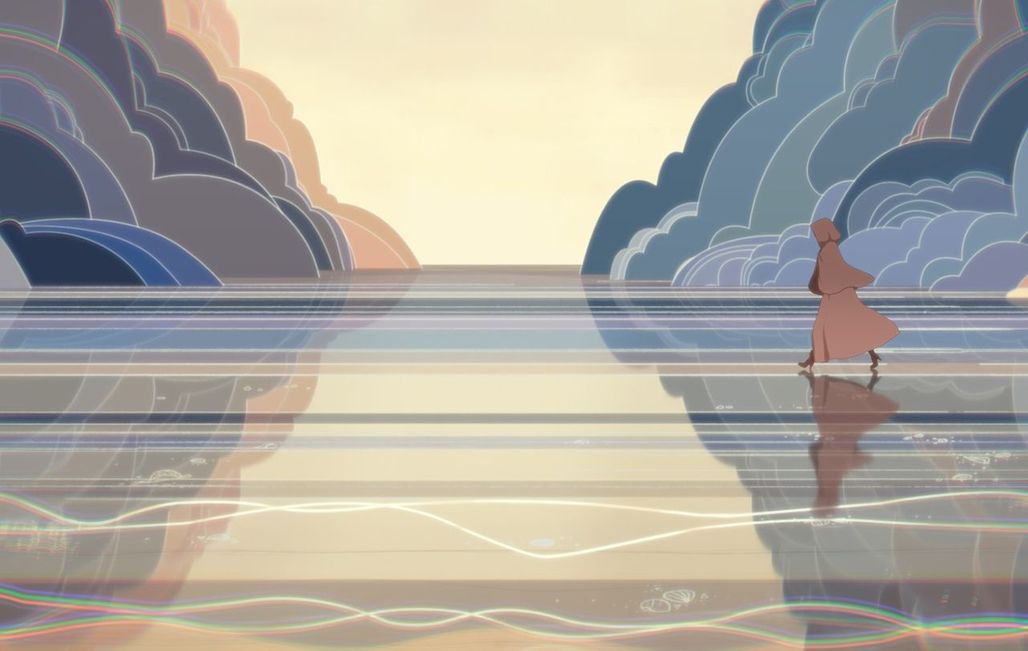
Belle : interview with Mamoru Hosoda

Cannes Première has reserved a place for one of the greatest voices in animated cinema by inviting Mamoru Hosoda. In Belle, his latest film, the director continues his exploration of the impact of digital technology on younger generations via the story of Suzu, a teenager from the mountains in real life, and an idolized rock star in the virtual world of "U".
How did you get the idea for the film, which shows the best and the worse of the digital world?
My daughter is 5 years old. I thought a lot about her future while making this film. When I was born, the digital world was nothing like it is today. I imagined what it would be like when my daughter and her generation, who were born with the internet, are grown up.
It is a frequent preoccupation in your work as a filmmaker.
When you look at the films on this subject, it is depicted as a dystopia, which is by its nature negative. I have been dealing with this theme for twenty years, with Digimon in 1999, then Summer Wars in 2009 and now in Belle. I think I am the only director in the world who continues to deal with it in a consistent and positive way. For us adults, the internet can pose problems and we can look at it in a negative way, but I would like that to change for future generations. In any case, it is a tool that we can no longer do without, so it needs to benefit us.
The title and the characters recall Beauty and the Beast. Did you have any other references in mind?
Beauty and the Beast was my greatest inspiration. But there are many stories in the world which resemble it. In Japan, for example, there is a short story called The story of the poet who was changed into a tiger, by Atsushi Nakajima. It's the story of a man who is taken over by jealousy and transformed into a tiger. A friend visits him and recites poems to him. I was inspired by these sorts of tales and by stories in which characters are transformed into animals to express the great sadness of humanity.
Let's talk about your animation studio, Chizu. Is it a fail-safe way of guaranteeing your independence?
I actually did co-found the studio so that I could make films independently. Since I created it, I've never made a film to order. The most important thing for me is to take the initiative with my films and their subjects, which seems necessary to me in our world.
The selection of your film for Cannes Première is a real showcase for animated films at the Festival de Cannes. What are your thoughts on that?
There are few of them at Cannes, but that's not the issue. Fiction, documentary, CGI: I don't categorise the genres. Animation is just a way of making films. There are still misconceptions about animation, some people underestimate it. But throughout the history of fine art, in religious paintings and even before that, drawing was there, well before the cinema. Animation existed in some form before live-action filming. I consider my film the same way as I consider the others shown here: it's the content which wins awards.


